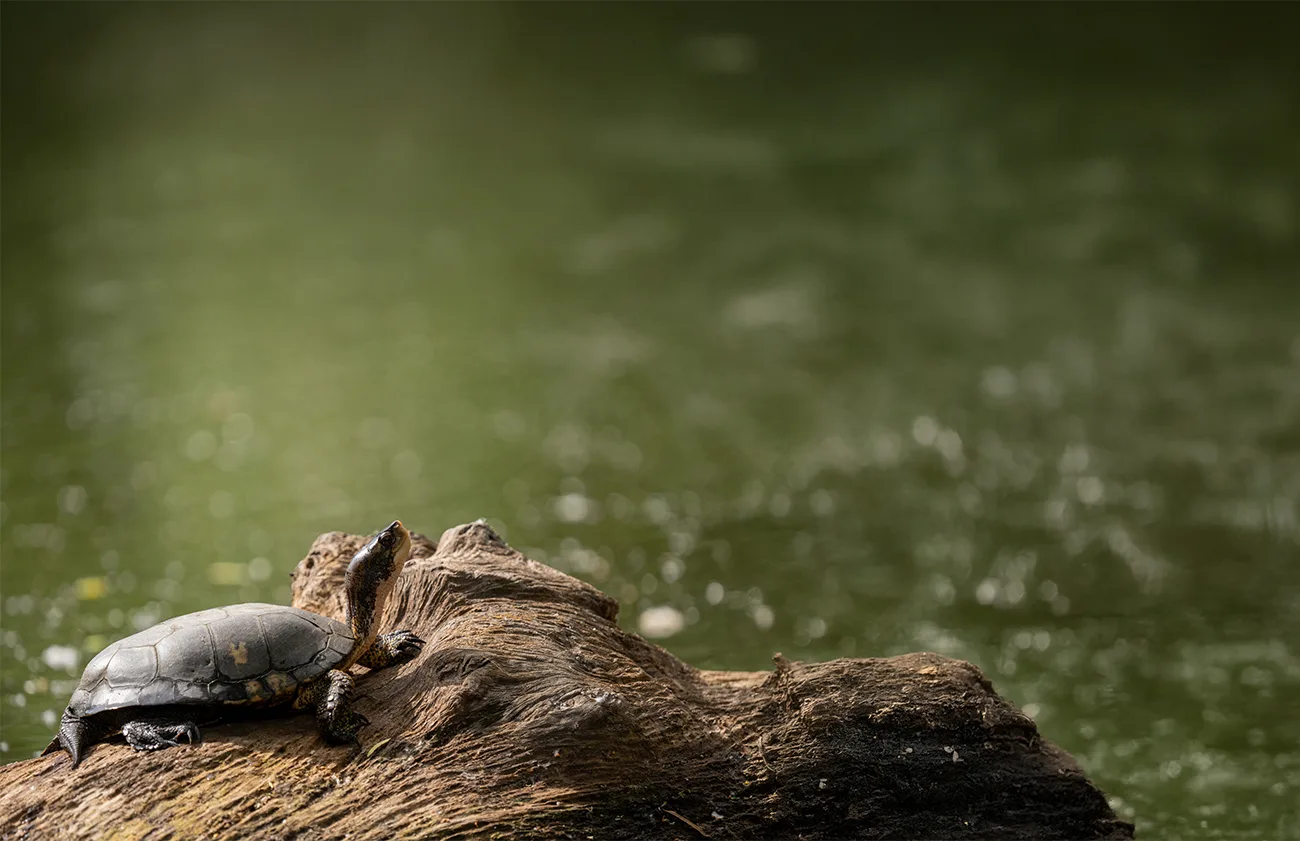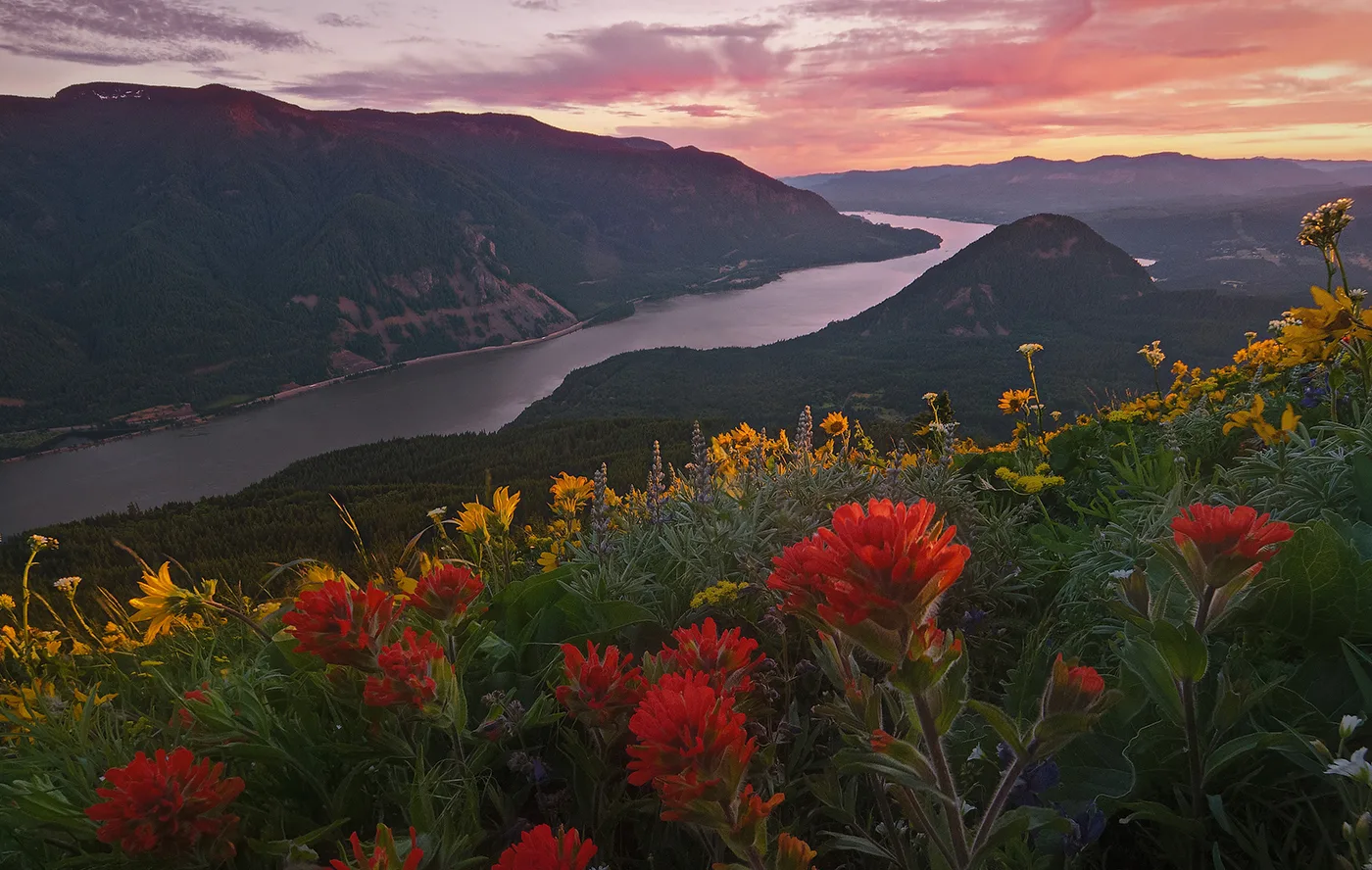Overview
For over six decades, the Land and Water Conservation Fund (LWCF) has been one of America’s most important conservation tools. Funded by offshore oil and gas revenues—not taxpayer dollars—LWCF has helped protect treasured places in the Columbia River Gorge and across the country, while expanding access to trails, parks, and recreation areas for millions of people.
In the Gorge, LWCF has protected beloved landscapes such as Cape Horn, Catherine Creek, Dog Mountain, and Steigerwald Lake National Wildlife Refuge, ensuring that these places remain open and accessible for future generations. Nationally, the program has funded more than 45,000 projects in nearly every county in the U.S.
But today, this landmark conservation program faces unprecedented threats.
A Legacy at Risk
The Trump Administration has launched a series of attacks on America’s public lands—mass firings of land management staff, efforts to sell off millions of acres of federal lands, and rollbacks of protections like the Roadless Rule. Now, LWCF itself is under threat.
Despite bipartisan support in Congress, the Trump administration’s FY26 budget sought to redirect $387 million from the Land and Water Conservation Fund—legally designated for land acquisition and recreation access—into “deferred maintenance” projects, including facilitating logging operations. This proposal would have defied the Great American Outdoors Act and jeopardized decades of conservation progress in the Gorge and across the Pacific Northwest.
Thanks to public pressure and advocacy from many organizations, including Friends, that dangerous provision was removed. But new threats are emerging.
On September 4, 2025, Secretary of the Interior Doug Burgum issued Secretarial Order 3442, which resurrects previously rejected proposals that would fundamentally weaken LWCF. The order would:
- Give state and county governments veto power over LWCF projects, allowing politics—not community need or conservation value—to dictate outcomes.
- Open the door to another federal lands sell-off, by allowing states to use LWCF dollars to buy “surplus” federal lands—essentially forcing states to “buy back” public lands to prevent their loss.
- Undermine a cornerstone conservation law, stalling projects nationwide and harming rural economies that depend on outdoor tourism and recreation.
Friends’ Response
Friends of the Columbia Gorge is working tirelessly to defend LWCF and the Gorge landscapes it protects. We’re mobilizing public support, meeting with lawmakers, and standing with national conservation partners to safeguard this essential program. Our advocacy has already helped defeat past proposals to weaken LWCF, but with new threats emerging, the fight is far from over. The Gorge, and America’s public lands, cannot afford to lose LWCF’s impact on conservation and recreation access.
How You Can Help
Protecting LWCF will take all of us. Please add your voice:
Contact your Senators and Representatives and tell them to oppose cuts to LWCF and reject Secretarial Order 3442.
Share our story and help others understand what’s at stake for the Gorge and for public lands nationwide.
Together, we can ensure that LWCF continues to protect the places we love and the communities that depend on them—for this generation and the next.
Latest News

Appeals court ruling sets stage for protection of western gray squirrel in Washington state

Invasive Predator: Inside the Race to Control the Deadliest Threat to Gorge Turtles


